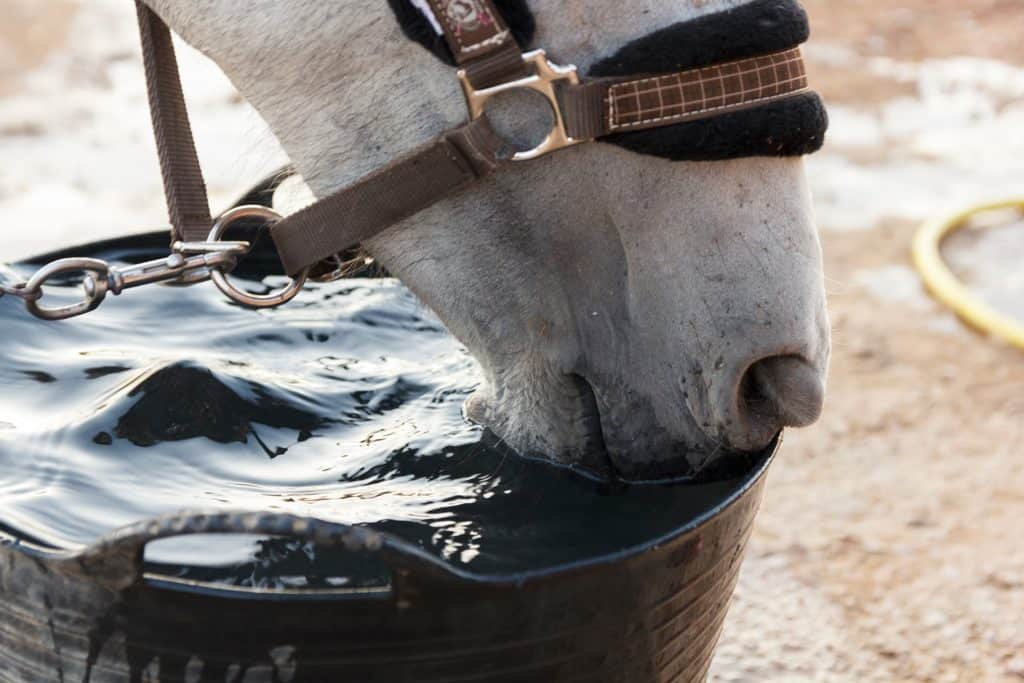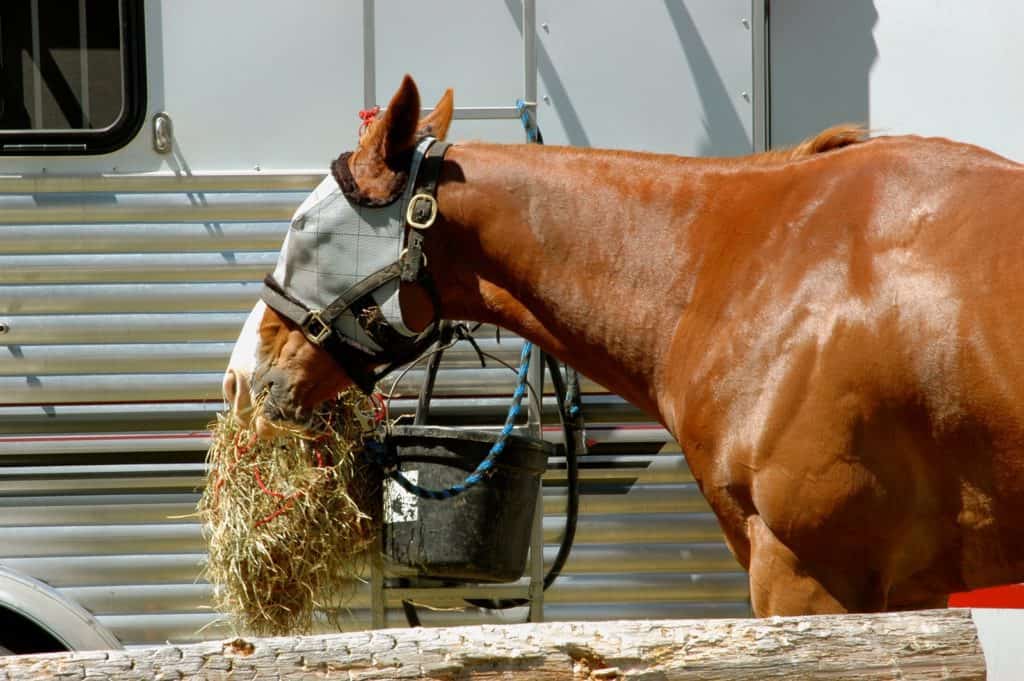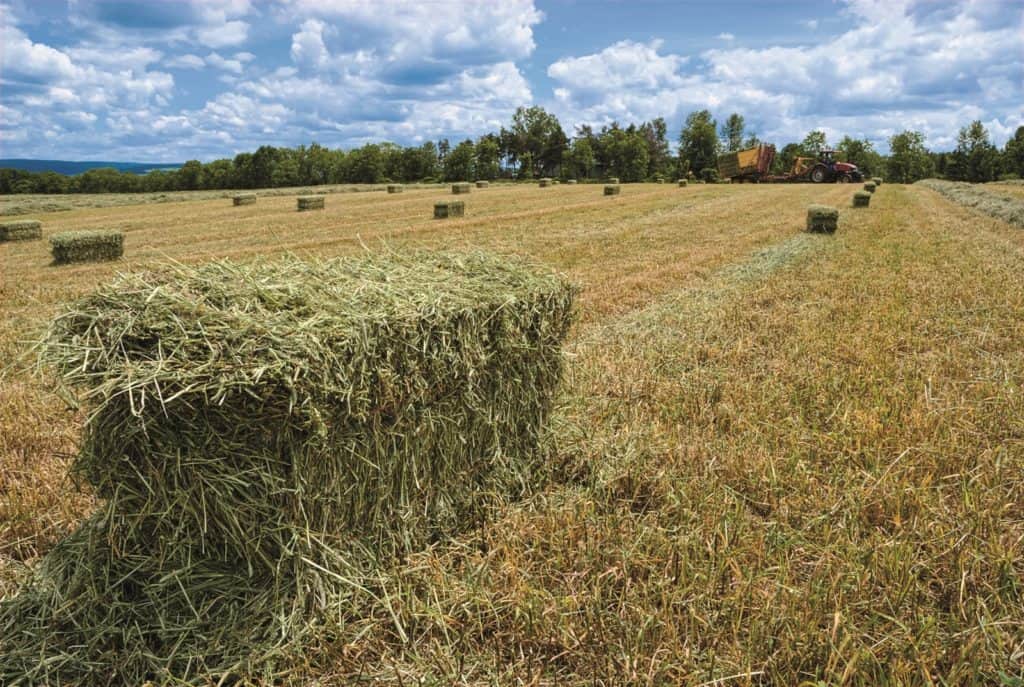
Horse Owners Warned About Blister Beetle Toxicity in Goat
Owners are urged to check alfalfa carefully for beetles before feeding to prevent additional cases from developing.

Owners are urged to check alfalfa carefully for beetles before feeding to prevent additional cases from developing.

Find out why some horses won’t consume water away from home and learn how to keep him hydrated.

Travel stress can lead to gastric ulcers and colic. Use these strategies to help keep your horse healthy away from home.

I have a healthy 21-year-old retired gelding who will not eat any type of hay in his stall at night. I have concerns about him standing in his stall all night without chewing and developing ulcers as a result. What are my options?

Equally as important as knowing if you’d send a horse to surgery is understanding what to prepare for once he’s home.

Horses are more prone to digestive upset than other domestic animals because of how their GI tract functions.

Developing an understanding of post-colic feeding practices can help your horse on the road to recovery.

Laminitis risk is the No. 1 reason we worry about equine metabolic conditions such as EMS and PPID when feeding horses.

Of the 1,244 respondents, 504 (41%) said they feed their horses alfalfa hay.

Have you increased your horse’s workload this spring? Find out how to safely increase his energy intake to match.

Balanced nutrition and exercise can help horses with type-1 PSSM lead active, healthy lives.

Our staff and sources offer ways you can save time during feeding time.

Of the 832 poll respondents, 285 (34%) say feed and hay will be their most expensive equine-related purchase this year.

Carbohydrates are the main source of dietary energy for horses and are important for fast, quick-burning power.

Our nutrition expert considers grain hays, grass hay, and alfalfa for feeding growing horses.

Performance horses need customized diets to meet their energy requirements, as hay alone likely won’t suffice.
Stay on top of the most recent Horse Health news with
"*" indicates required fields